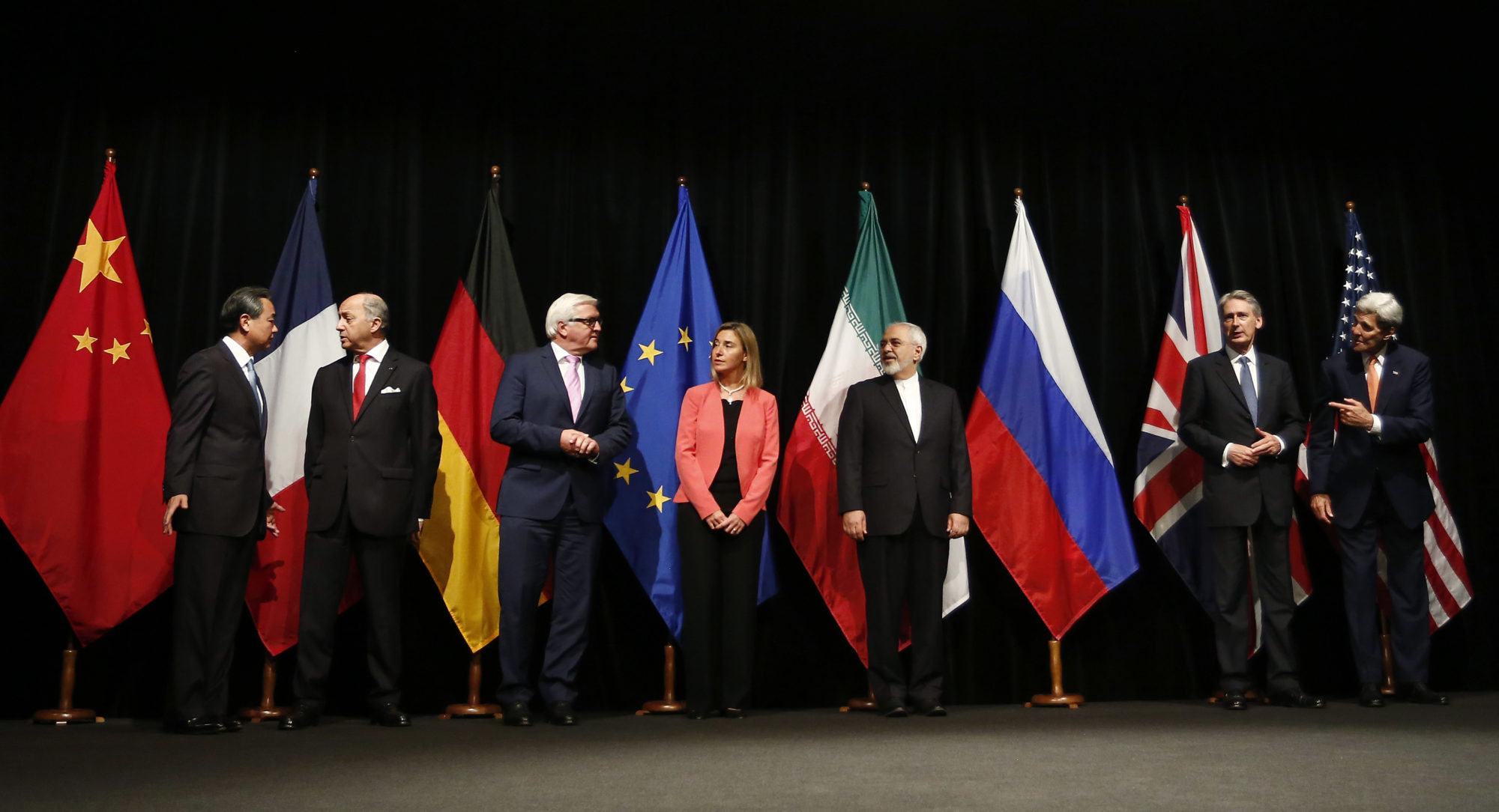While the politics of negotiating with Iran can be fraught and heated, the clear nonproliferation benefits that would be gained by restoring the Joint Comprehensive Plan of Action (JCPOA) are not in doubt. This has been proven by the Trump administration’s misguided, and still backfiring, unilateral and total withdrawal from and violation of the accord.
There is a simple solution that is still a possibility for the Biden administration: the U.S. and Iran moving in tandem to restore full compliance with the deal. This is a position supported by the President’s own remarks, Members of Congress and many nonproliferation experts and Iran scholars. Remarkably, and thankfully, Iran is still open to the prospect after years of intense coercive pressure.
Trump’s maximum pressure sanctions and other military escalations against Iran have triggered the following nuclear blowback:
- Iran’s enriched uranium stockpile is now fourteen times the limit set forth by the JCPOA, and rising;
- Instead of being limited to enrichment at a single nuclear facility at Natanz, Iran resumed uranium enrichment at the deeply-buried Fordow facility;
- Instead of enriching solely to 3.67% uranium-235, far below weapons grade, Iran has resumed enrichment to the 20% threshold for the first time since 2013 and has accumulated 17.6 kg of uranium enriched to that threshold;
- Instead of being limited to 5,060 first generation IR-1 centrifuges, Iran has enriched uranium with advanced IR-2, IR-4 and IR-6 advanced centrifuges while testing new models.
- Iran began producing uranium metal, which was prohibited under the agreement through 2030.
- Iran has halted compliance with the IAEA Additional Protocol, reducing the intrusive inspection and investigation powers granted to the agency via the JCPOA.
- Combined, the time it would take for Iran to enrich sufficient fissile material for a single nuclear weapon if it chose to do so – known as “breakout time” – has shrunk from over a year with the JCPOA to a few months today.
The combination of Iran’s nuclear expansion and the reduction of IAEA inspector access is concerning, and will snowball in the months to come thanks to legislation passed by the conservative-dominated Iranian parliament. Thankfully, this nuclear escalation is still reversible. Iran maintains that it will restore its compliance with the JCPOA if the U.S. upholds its sanctions-lifting obligations. Doing so would ensure the following nonproliferation benefits:
- Iran reduces its enriched uranium stockpile to 300 kg or less, a fraction of the amount needed for a single nuclear weapon with further enrichment. This restriction would remain until 2030 even if no new agreement is reached;
- Iran halts uranium enrichment at Fordow and engages in no proliferation-sensitive work at the facility until 2030;
- Iran ships out or downblends its 20% enriched uranium stockpile and limits enrichment to 3.67%, far below weapons grade, until 2030;
- Iran will remove excess advanced centrifuges and place them in monitored storage, ensuring that only IR-1 centrifuges are used to accumulate enriched uranium through 2025;
- Iran will halt work on uranium metal through 2030, and ship out any uranium metal it has produced;
- Iran will resume compliance with the IAEA Additional Protocol, ensuring Iran’s entire nuclear fuel cycle will be closely monitored and the IAEA has enhanced powers to detect any potential covert cheating;
- Iran’s breakout time once again returns to approximately 12 months instead of a few months.
By rejoining the JCPOA, not only will the Biden administration secure these nonproliferation benefits, but it will also restore its diplomatic credibility by proving that it can follow through on promises of sanctions relief. Simply put, restoring the JCPOA is a prerequisite to any new deal between the U.S. and Iran, whether it addresses the future of Iran’s nuclear program or any other issue of concern.
There is no better deal on the table or that can be leveraged by America’s violation of the accord. Fortunately, the U.S. doesn’t need to negotiate a better deal, as the JCPOA protects U.S. and regional interests by ensuring Iran has no path to a nuclear weapon.
Back to top
